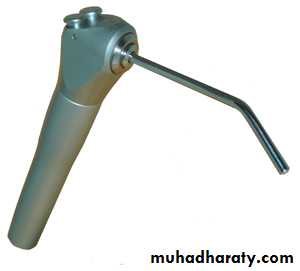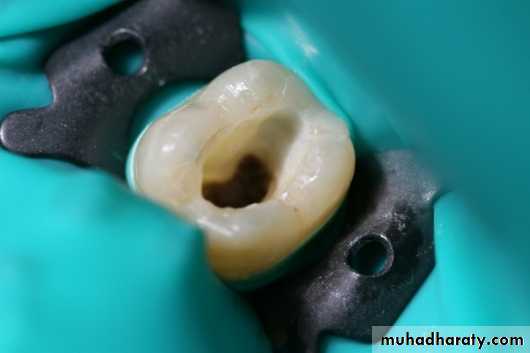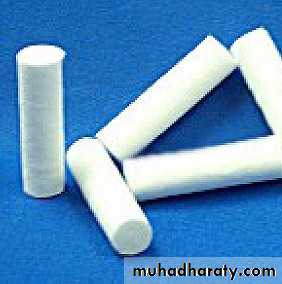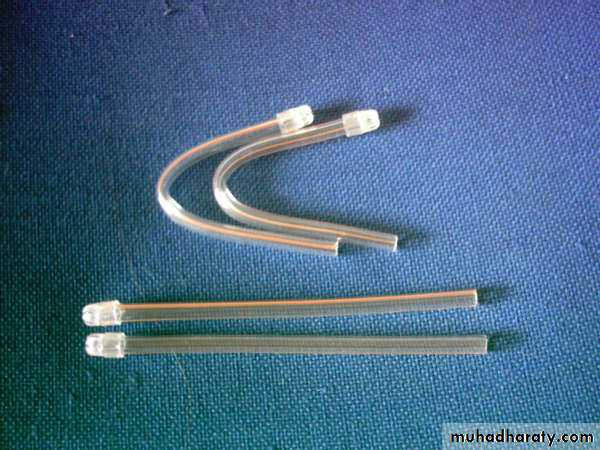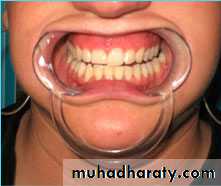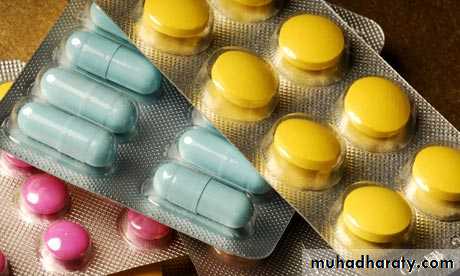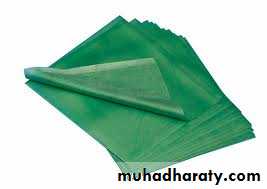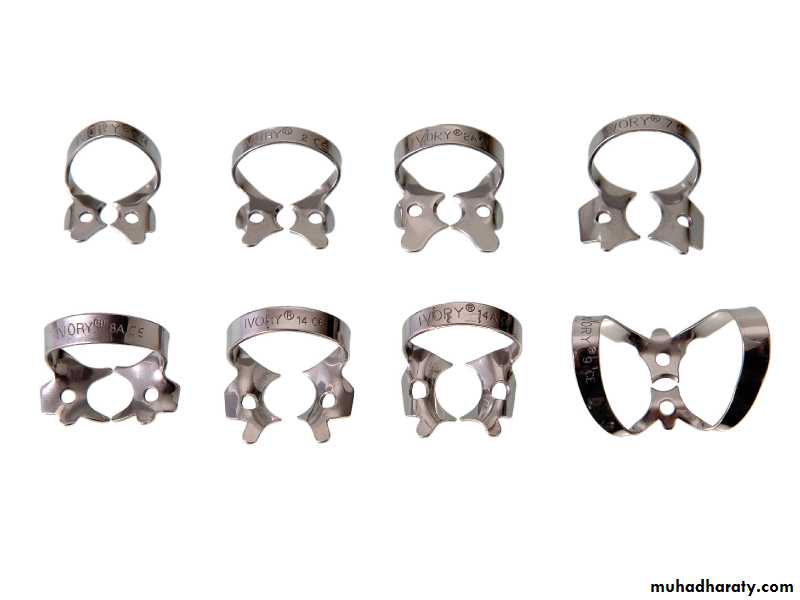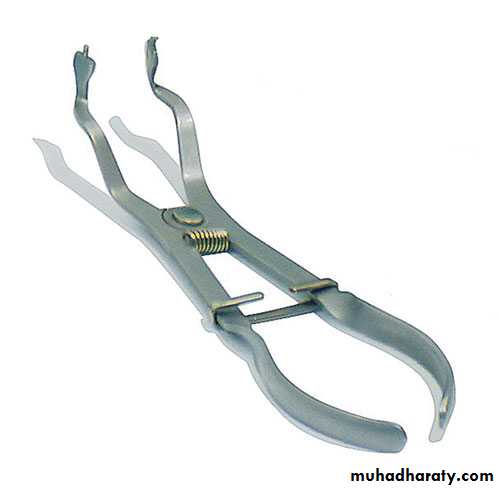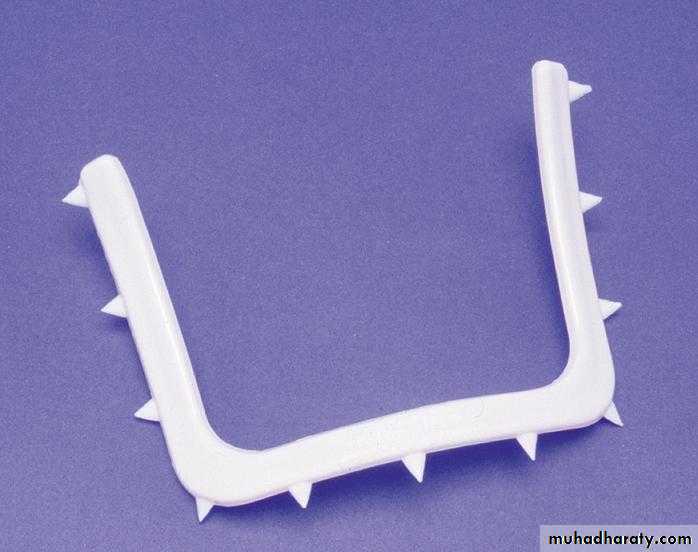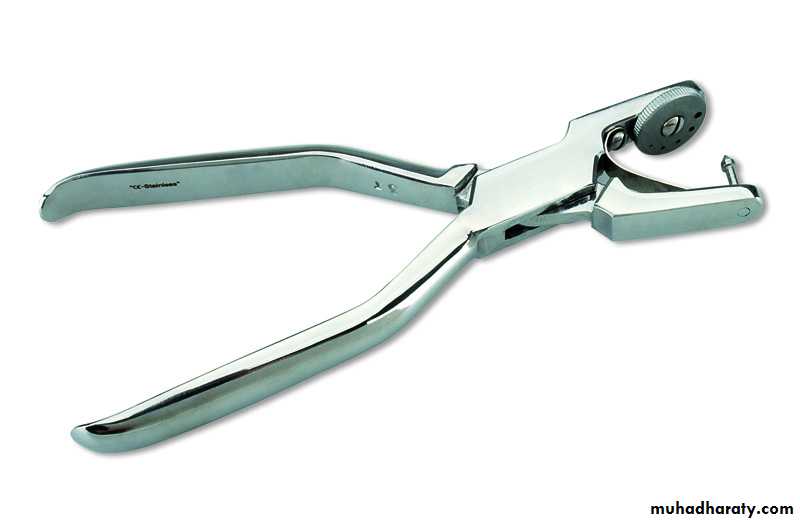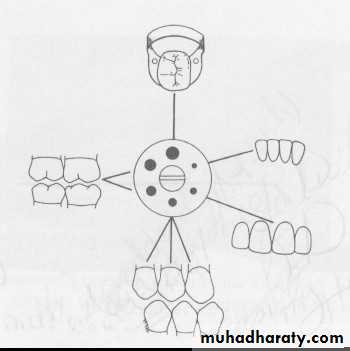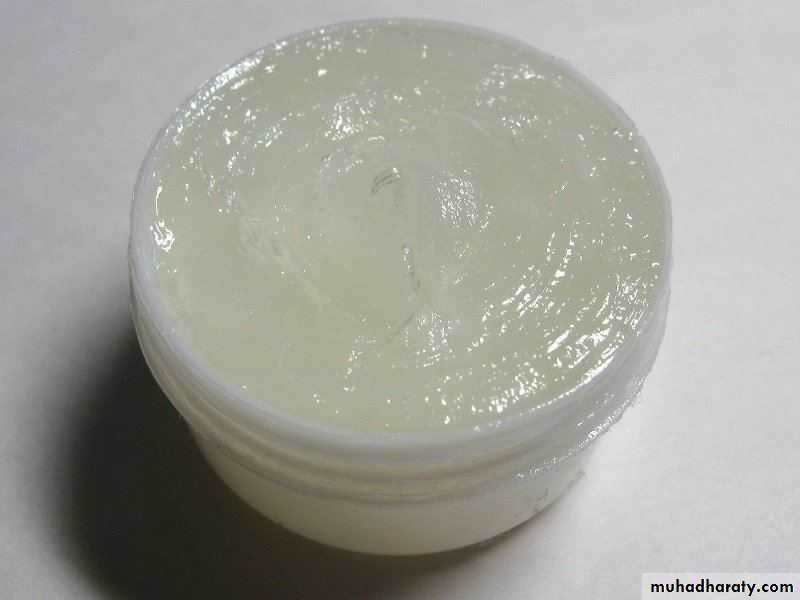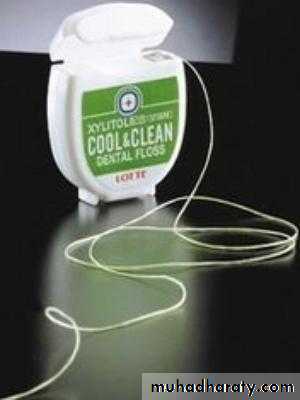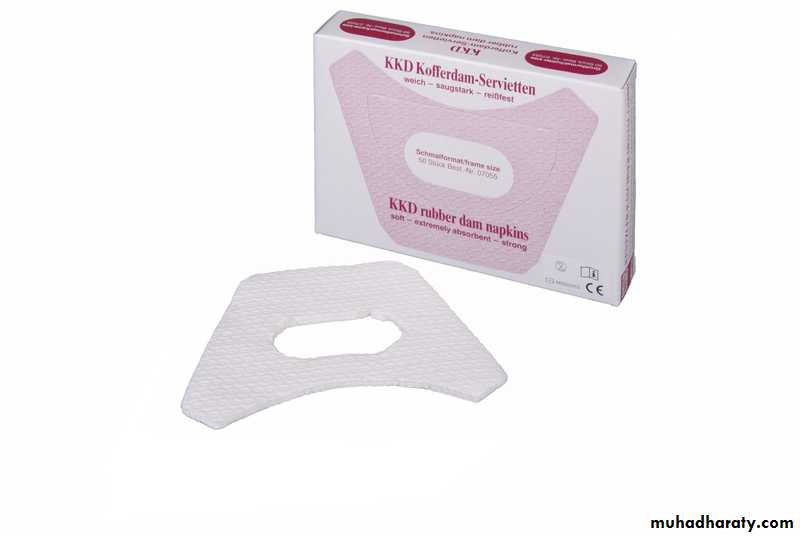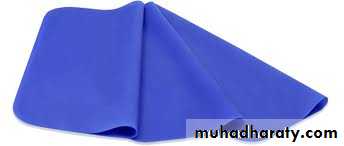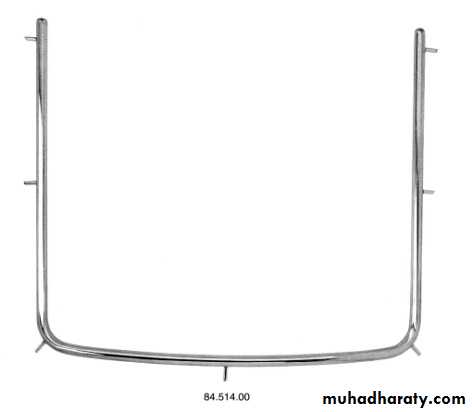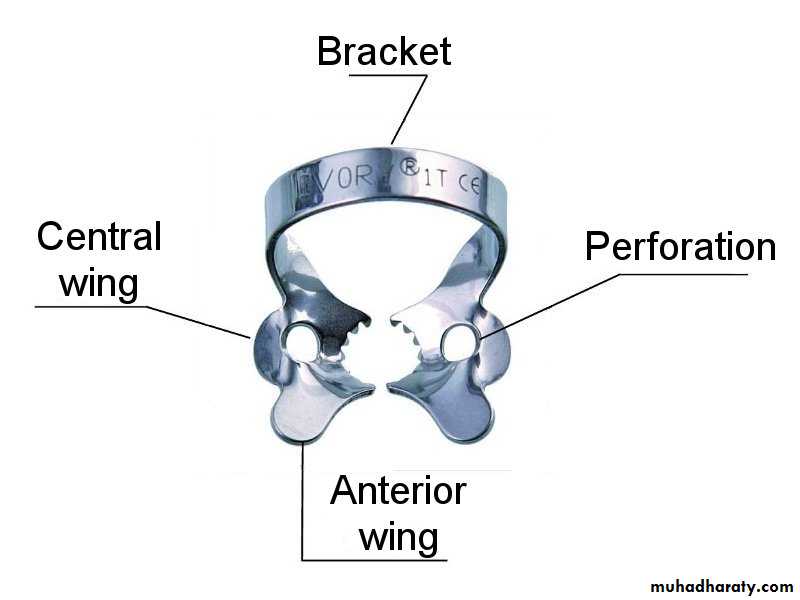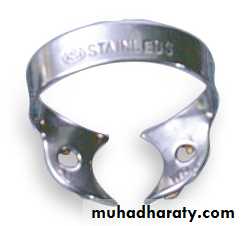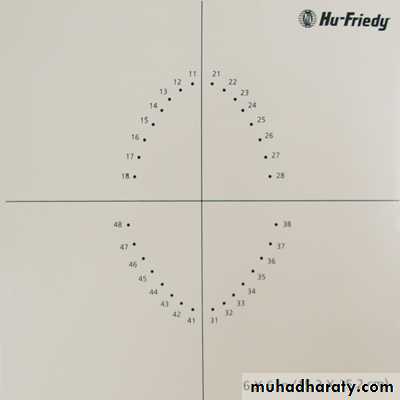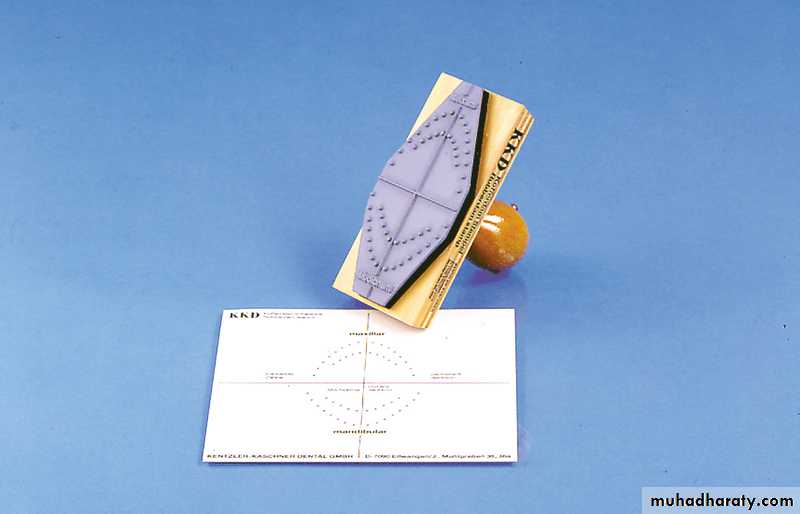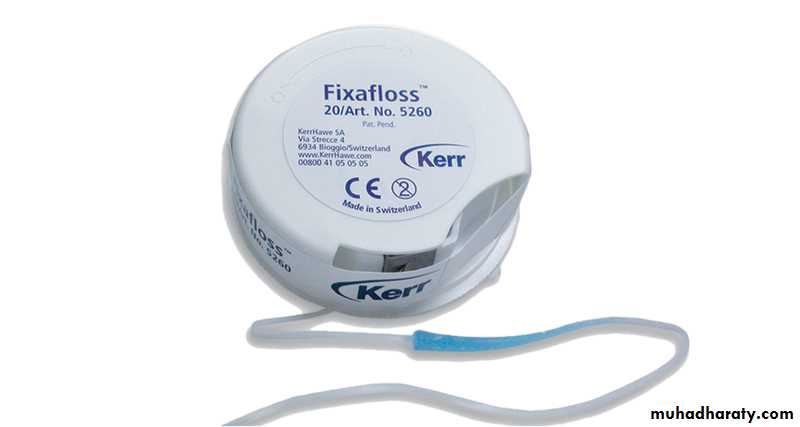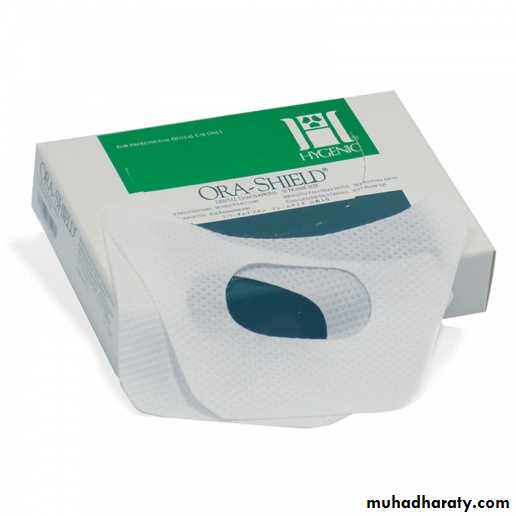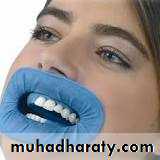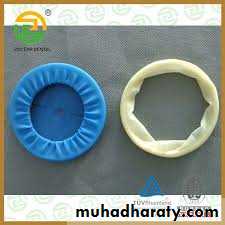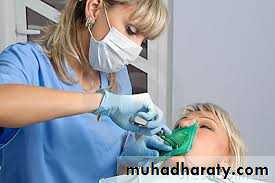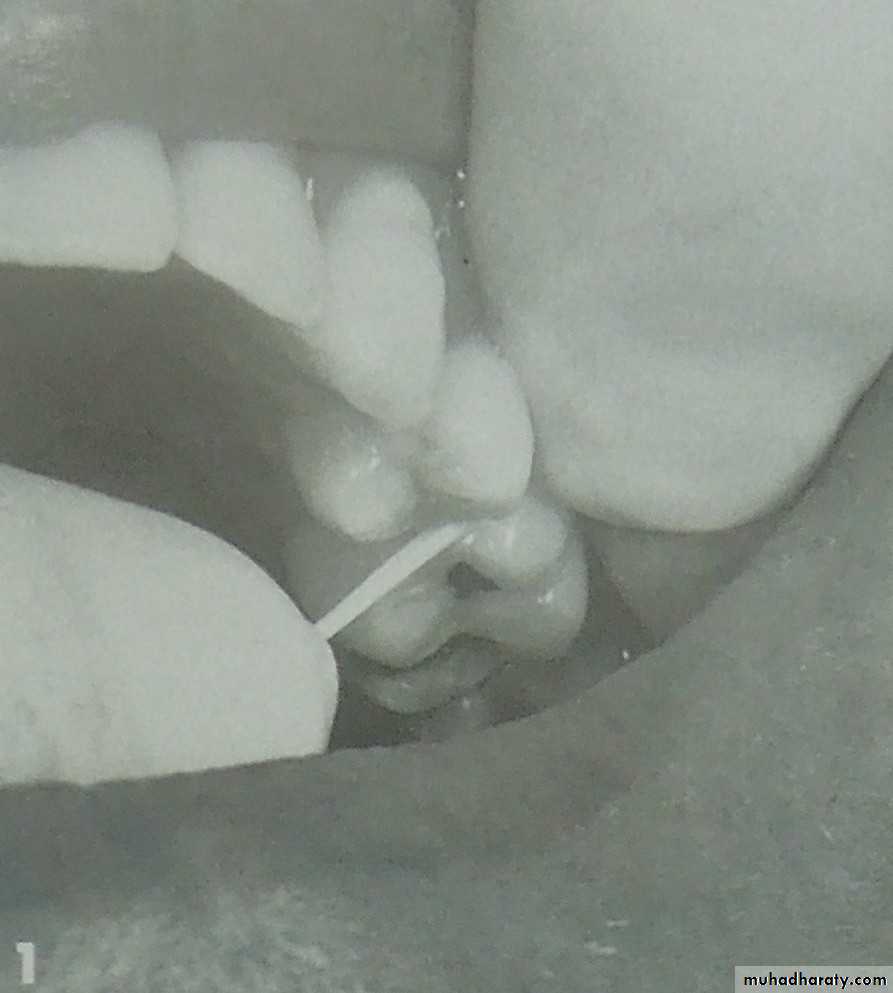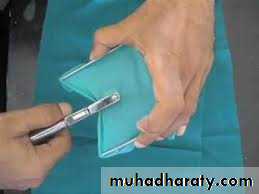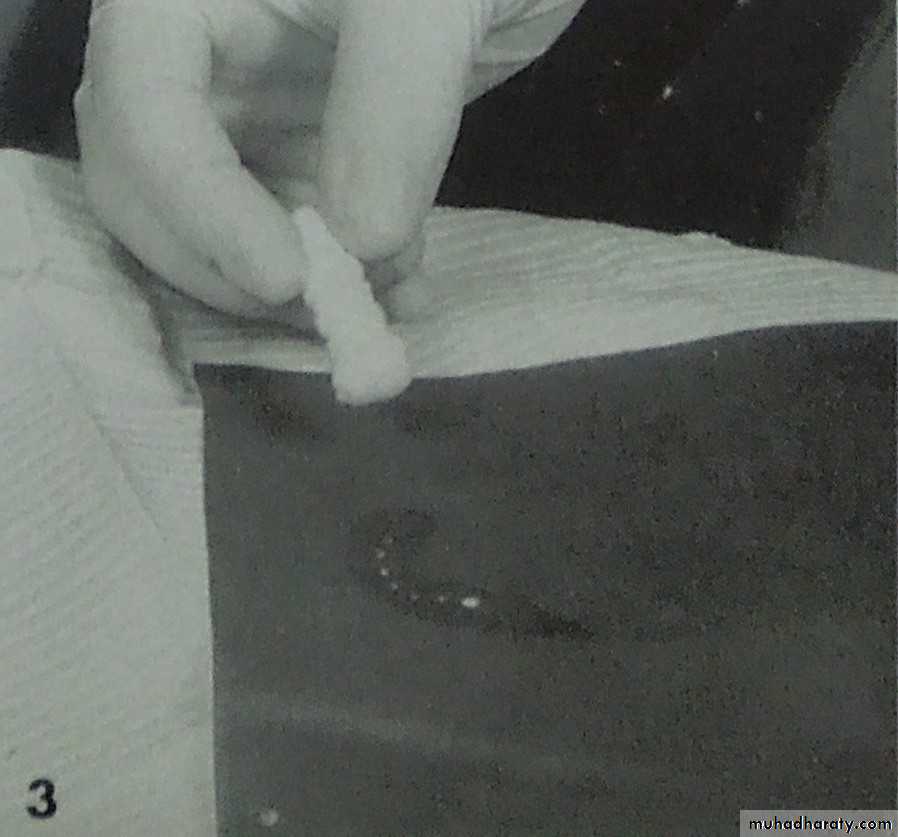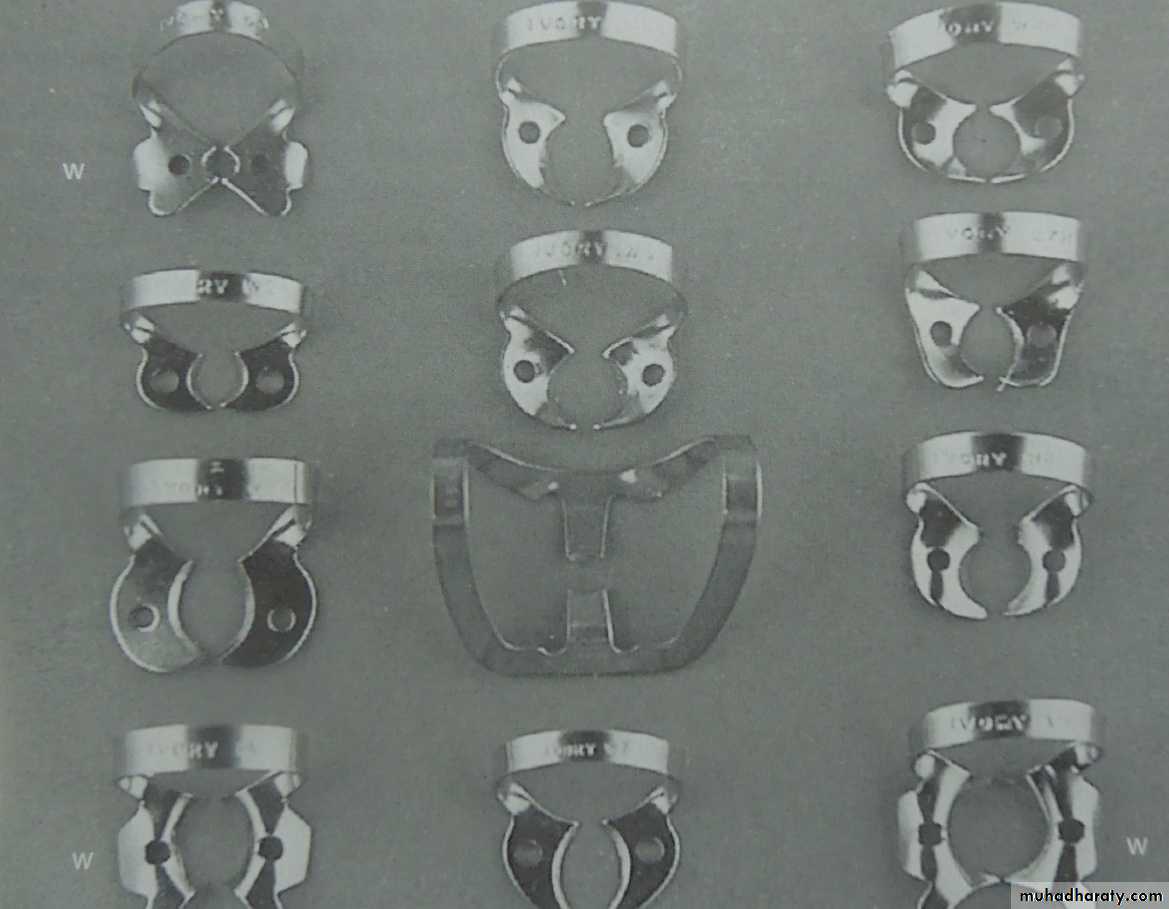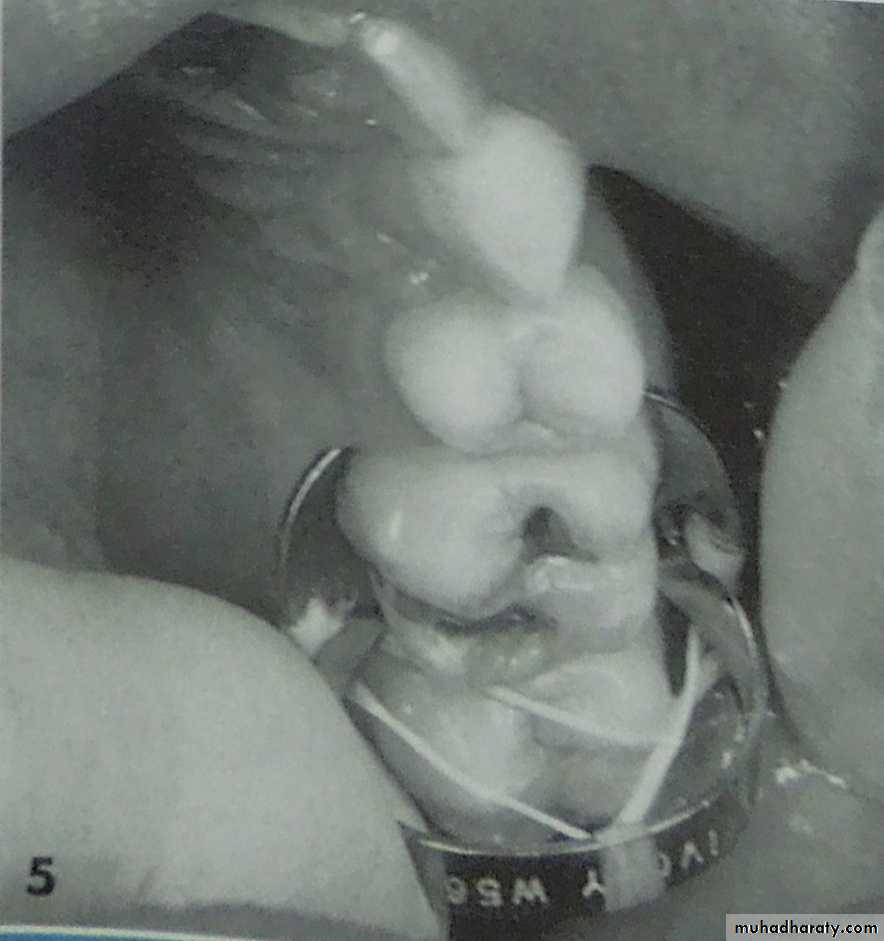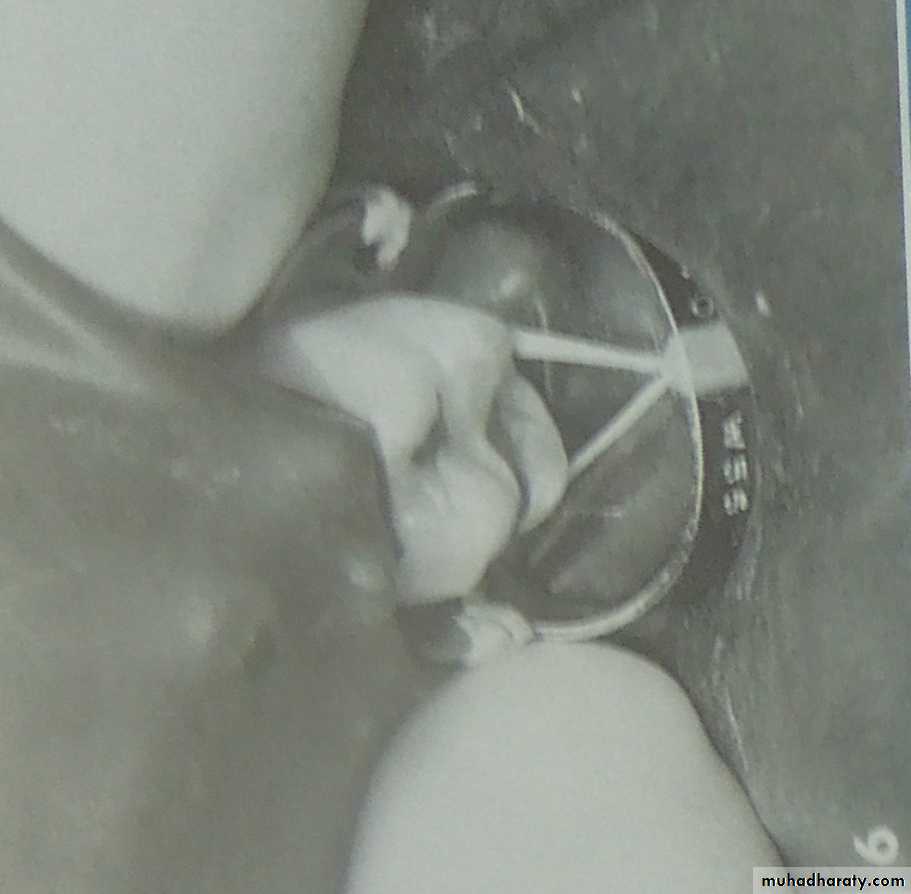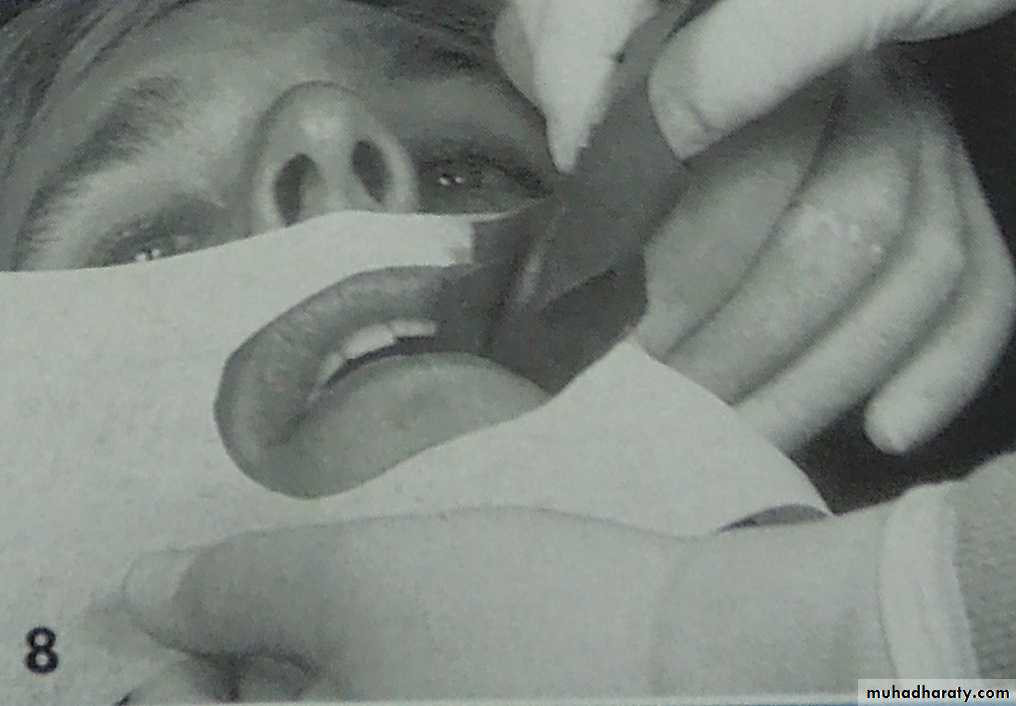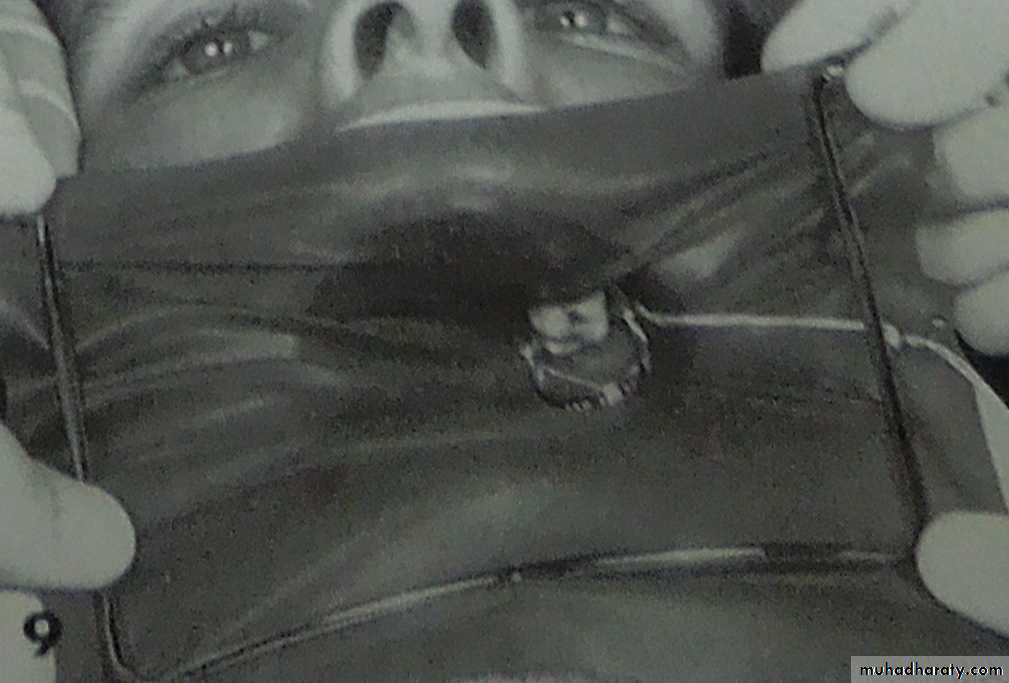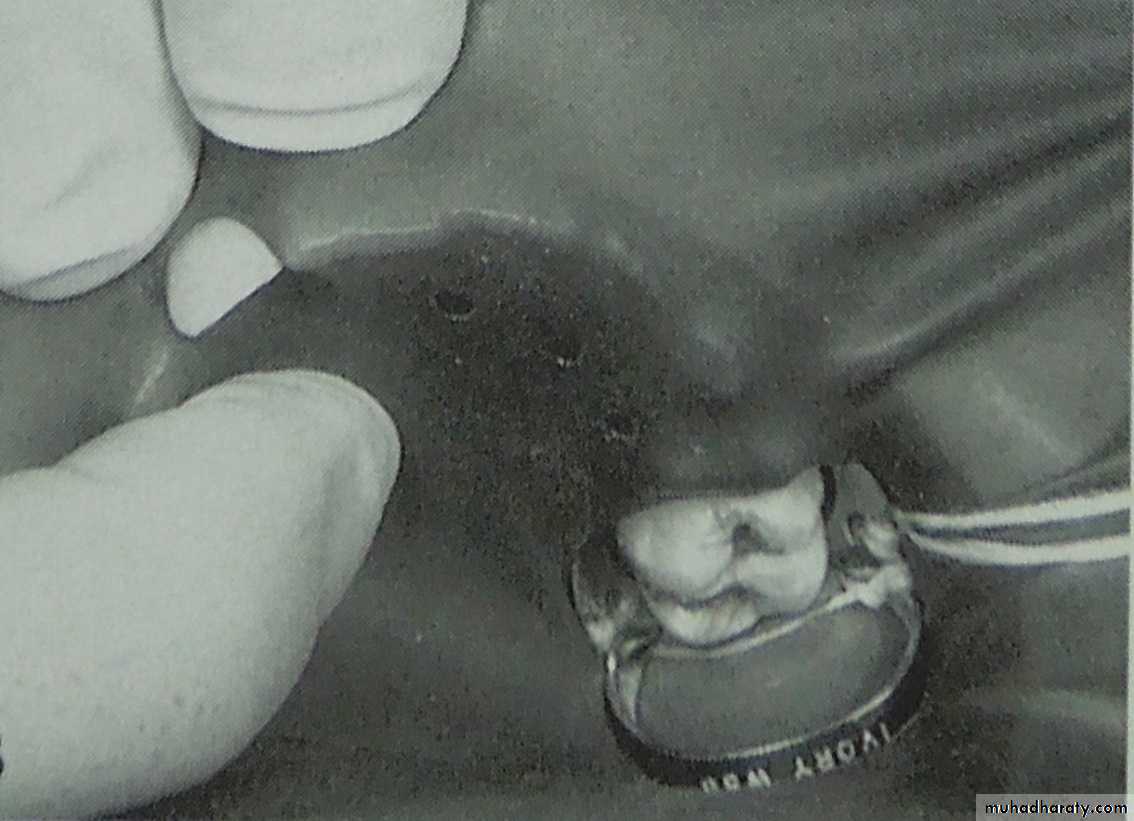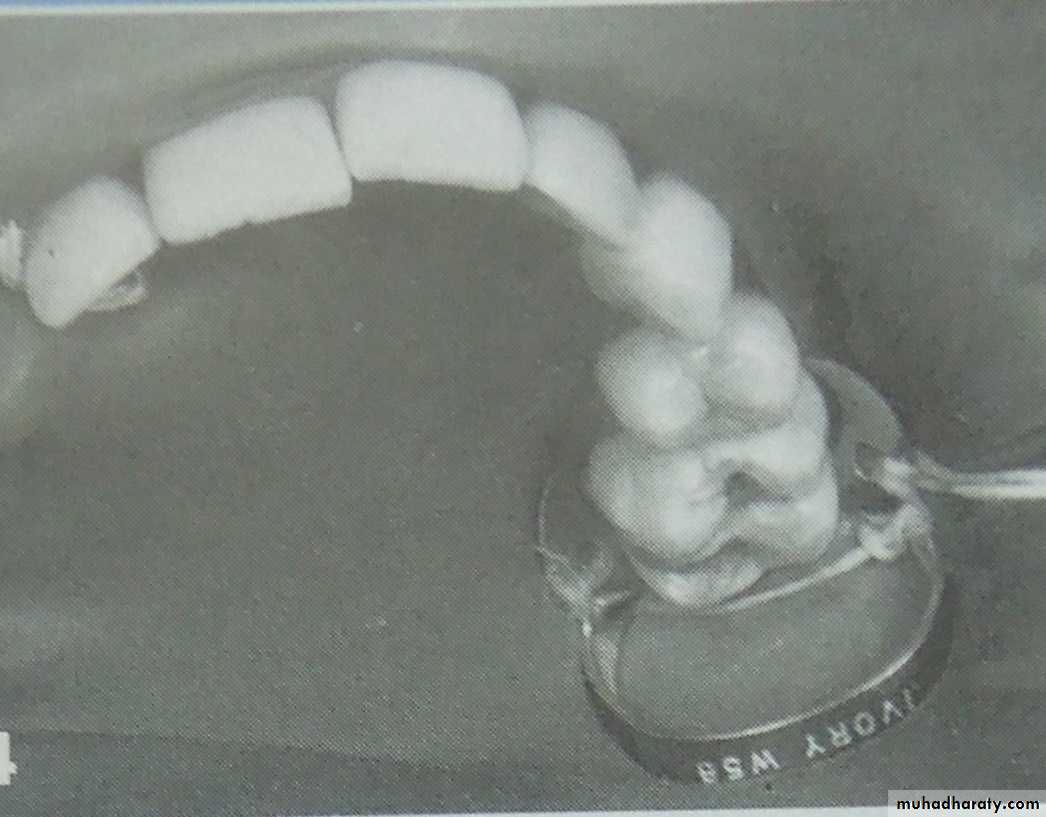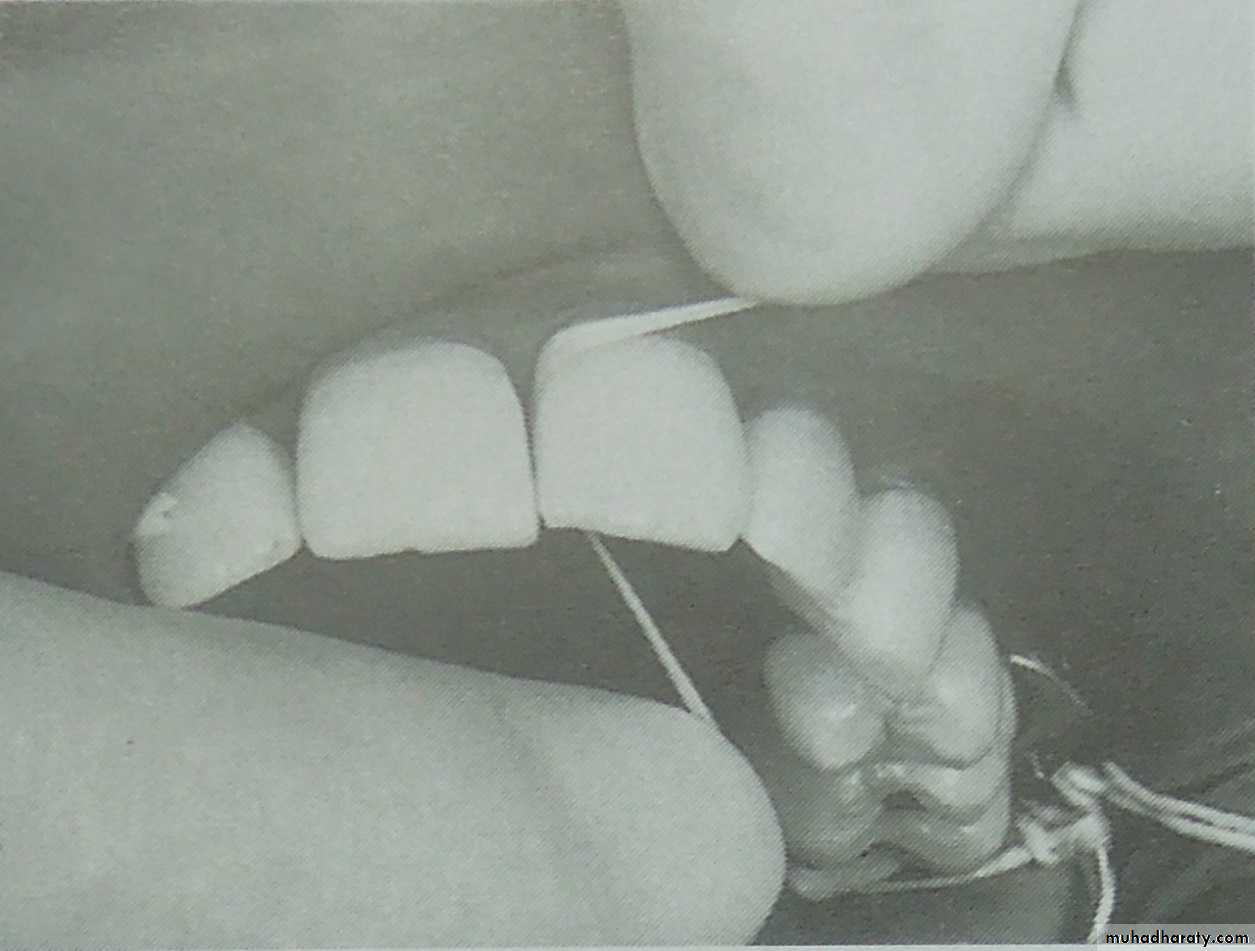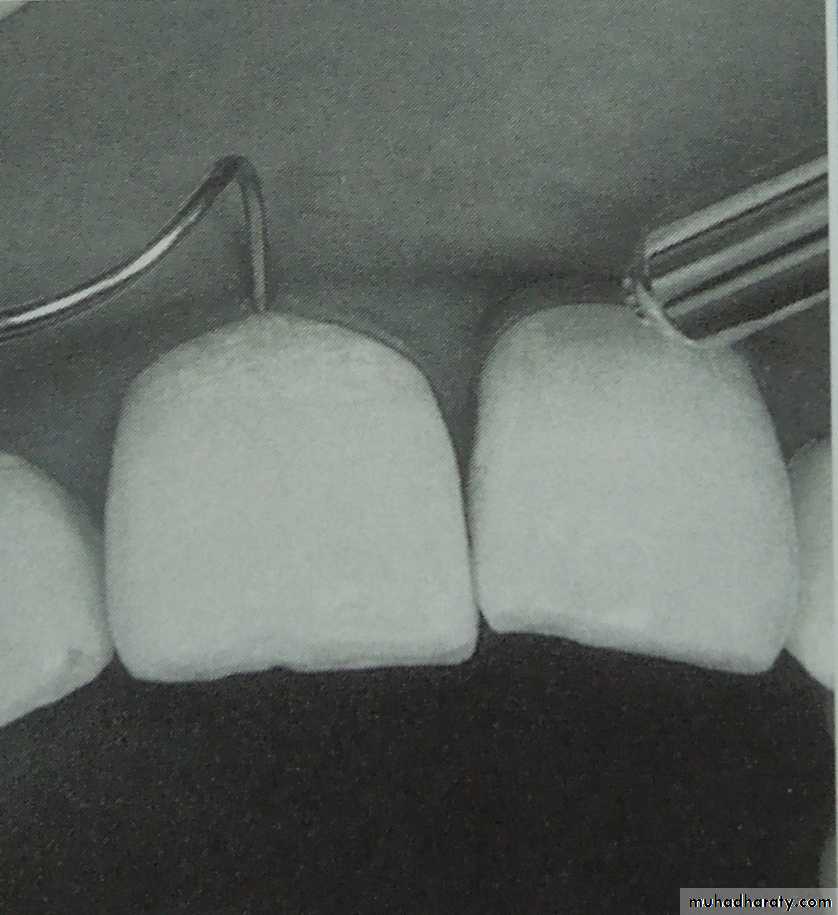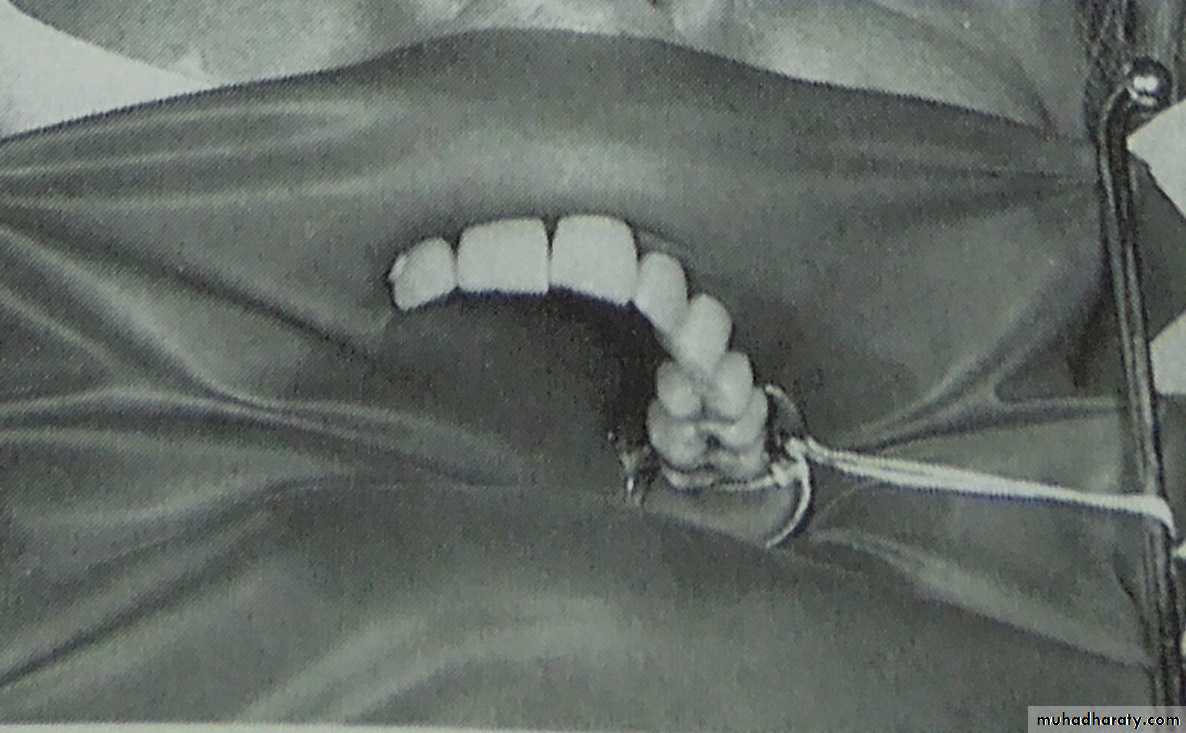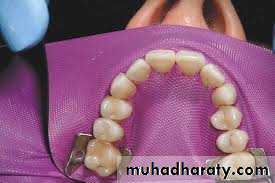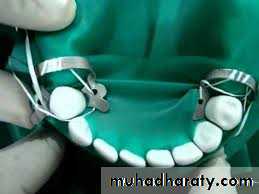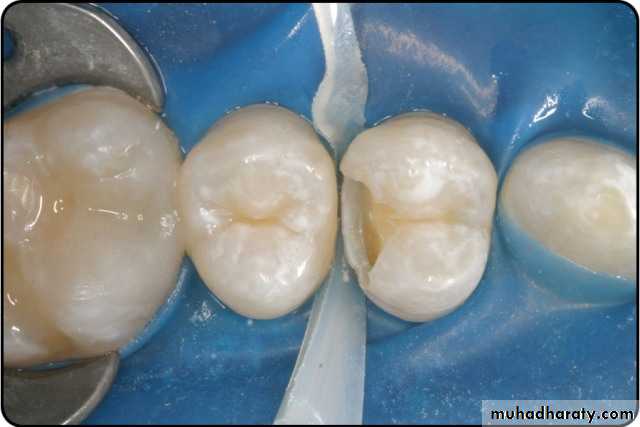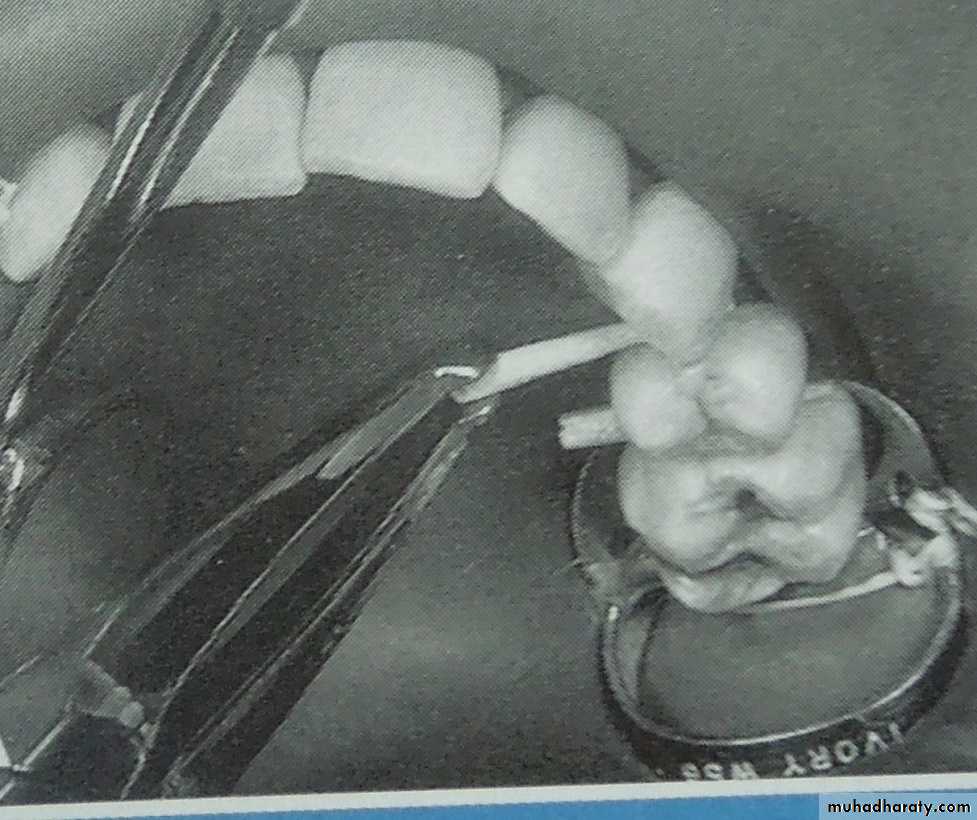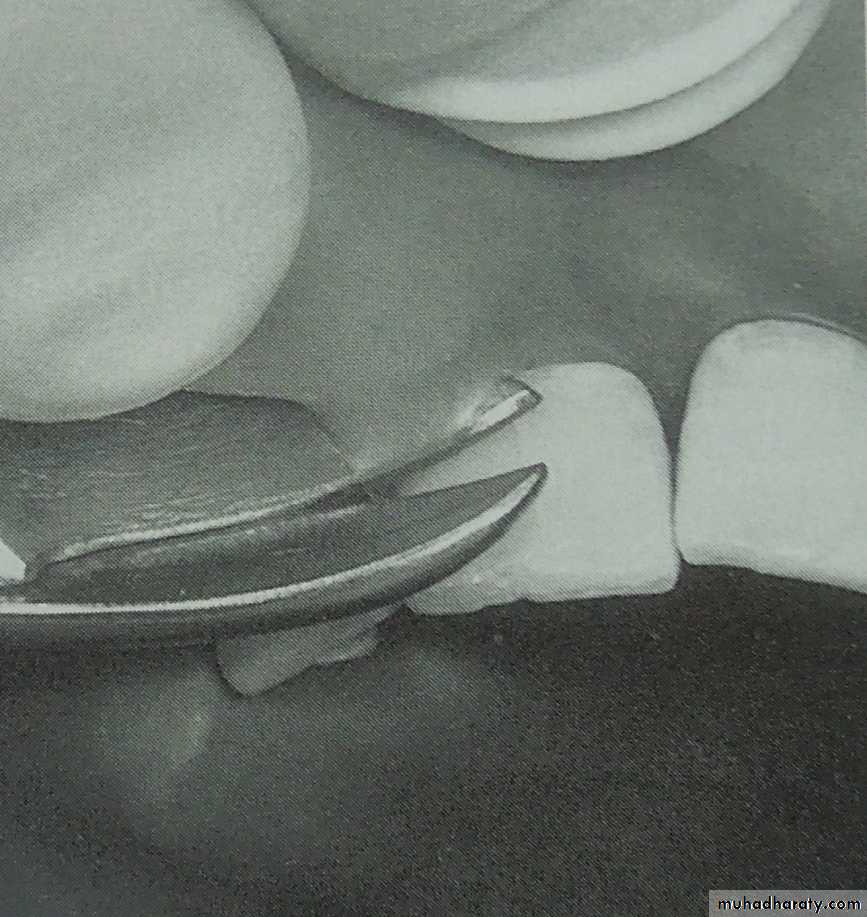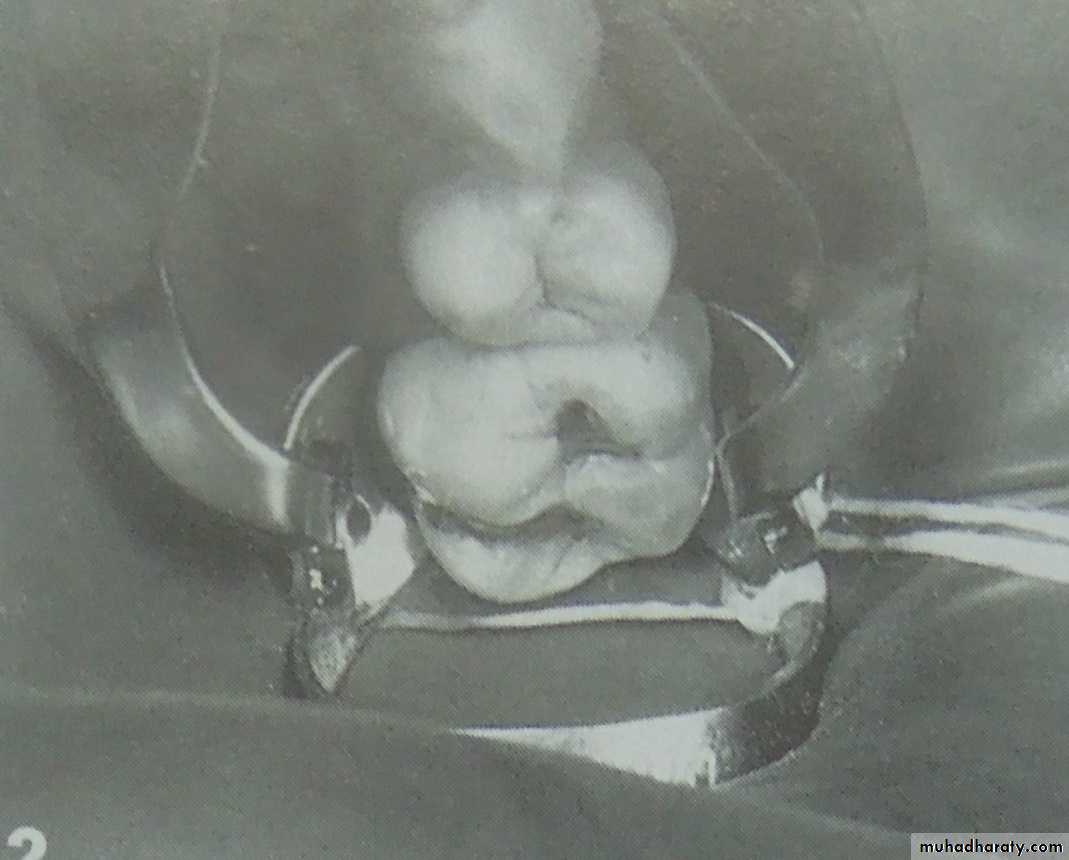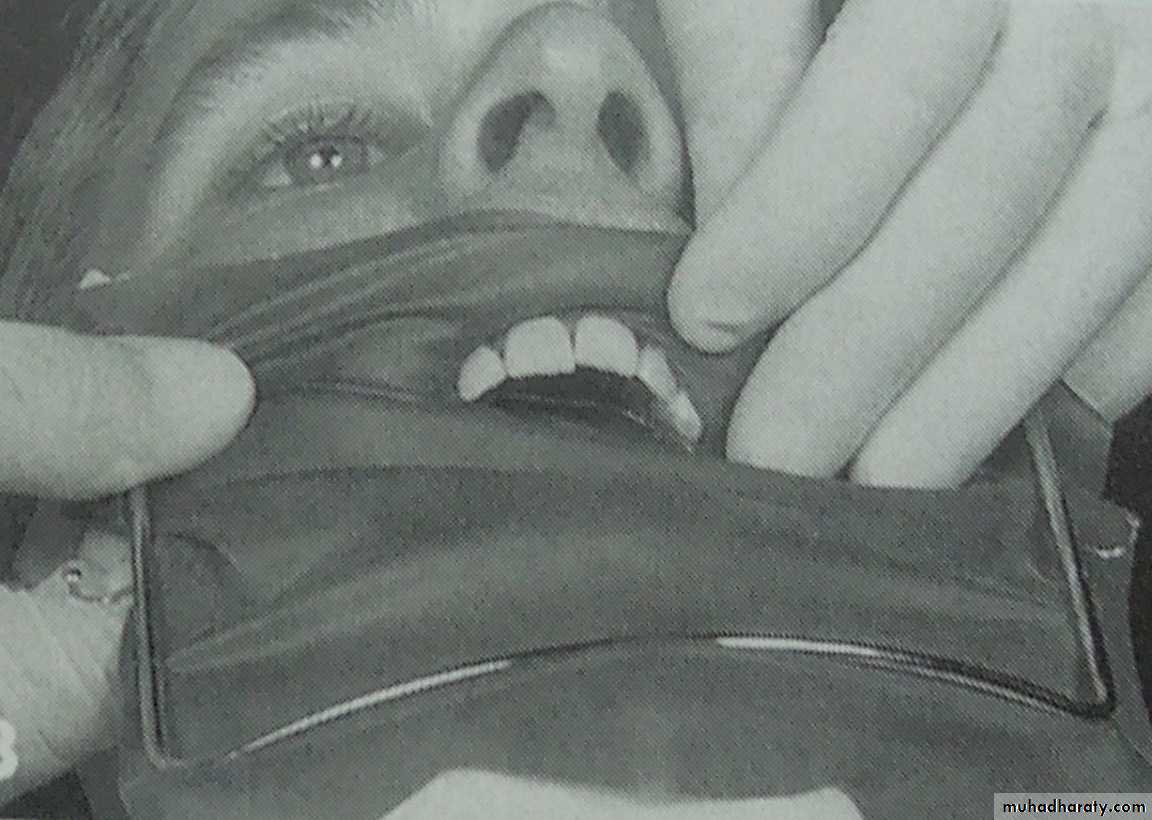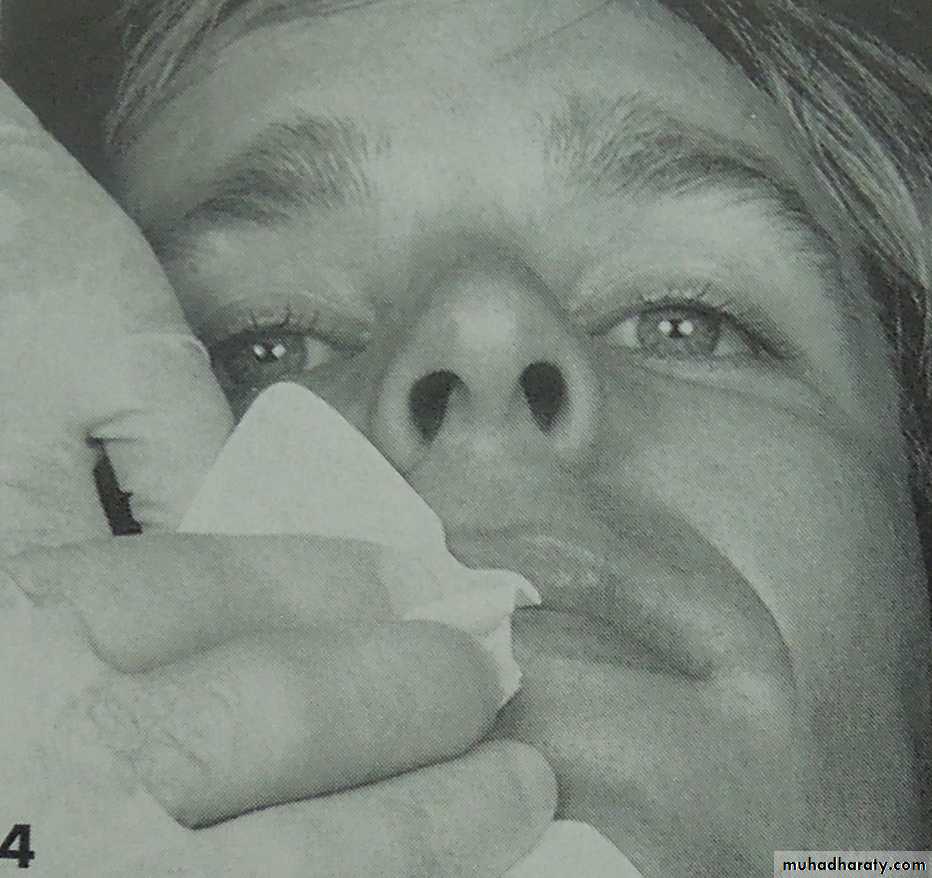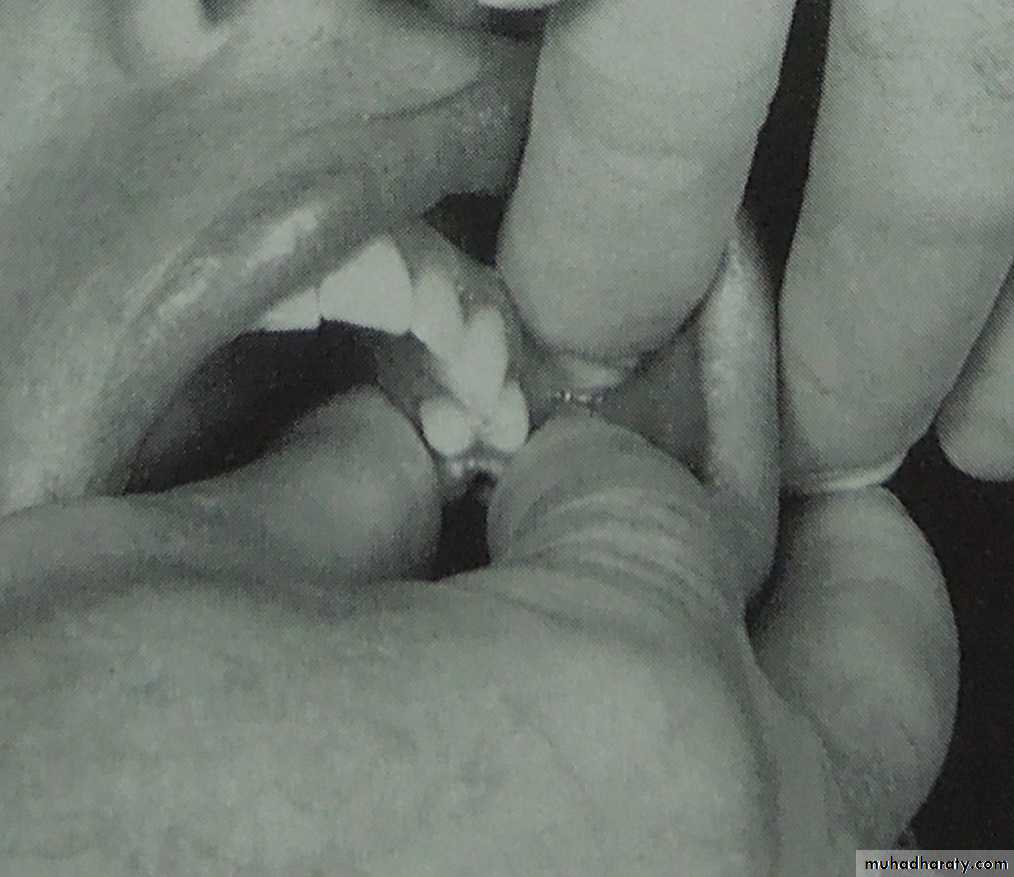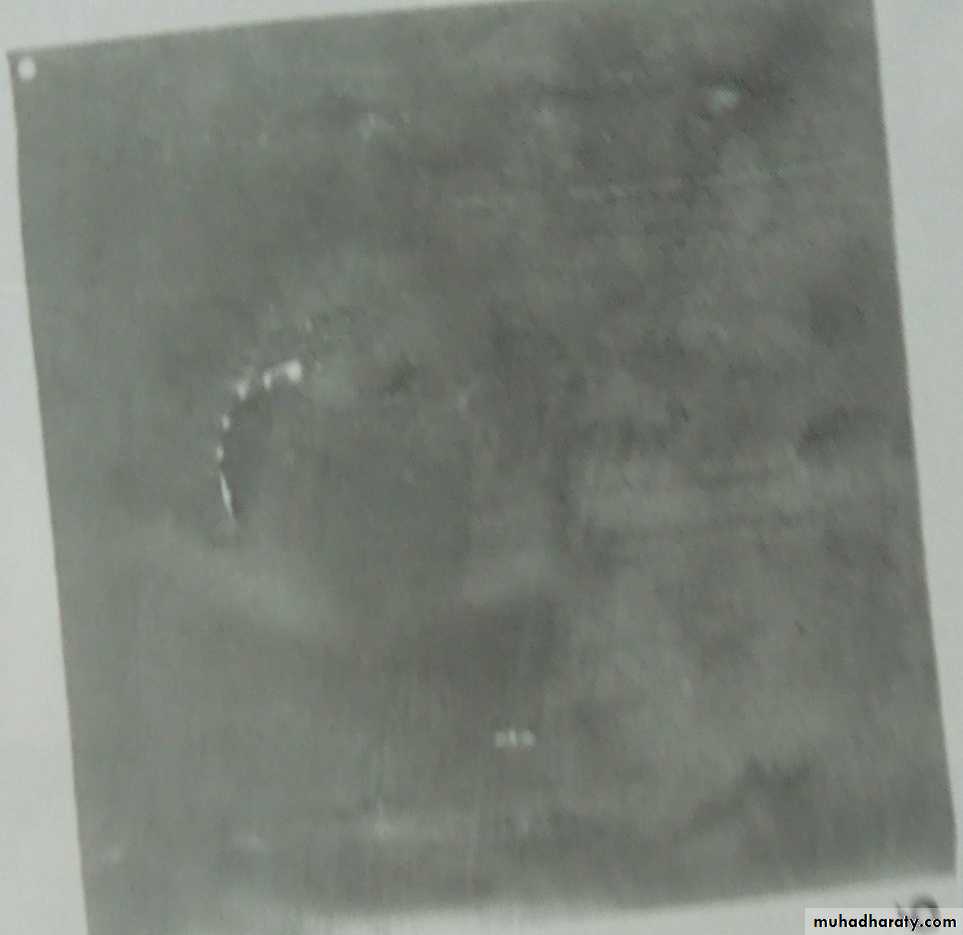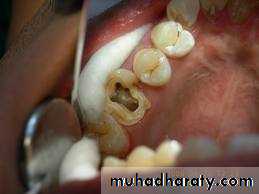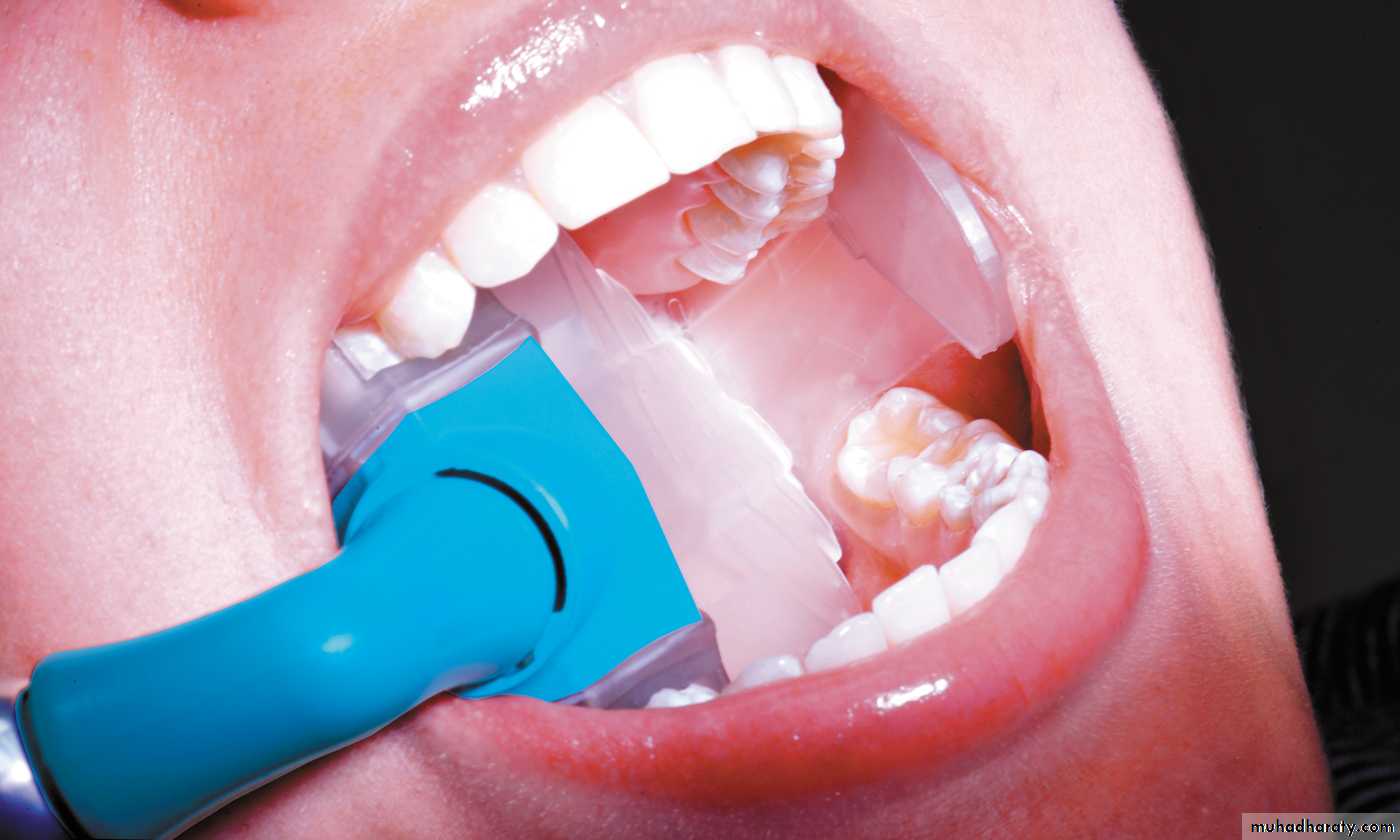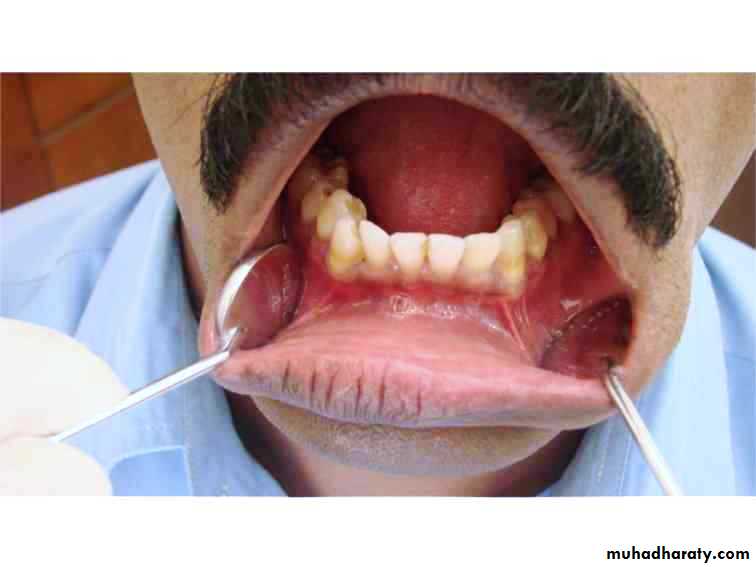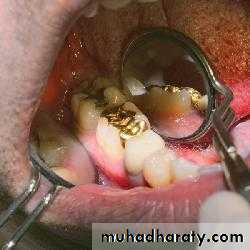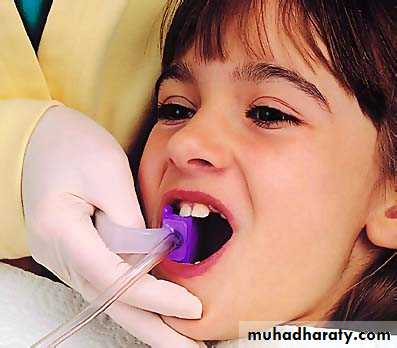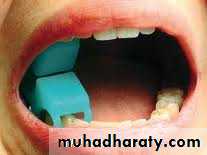ISOLATION OF THE OPERATIVE &ENDODONTIC FIELD
Operative dentistry can not be expressed properly unless the moisture in the mouth is properly controlledThe goals of operative field isolation are
Moisture controlInfection control
Retraction
Harm prevention
Increase the concentration of dentist
Following components of oral environment need to be controlled during operative procedure
SalivaTongue
Mandible
Lips & cheek
Gingival tissue
Buccal & lingual vestibule
Floor of the mouth
Adjacent teeth and restoration
Respiratory moisture
Advantages
Patient related:
• Provides comfort to the patient
• Protect patients from swallowing or aspirating foreign bodies
• Protect patients soft tissues by retracting them.
Operator related:
• A dry clean operative field
• Infection control
• Increased accessibility to operative site
• Improved properties of dental materials
• Improved visibility & less fogging of mirror
• Prevents contamination of tooth preparation.
Materials can be used
• Rubber Dam• Cotton rolls & cellulose wafers
• High volume evacuators & saliva ejector
• Mirror & evacuator tip retractor
• Mouth props
• Air Water syringe
• Cheek retractor
• Medicine Atropine / Anti histamin
Rubber Dam Isolation
It is a flat thin sheet of latex/non-latex that is held by a clamp and a frame, that is preferred to allow the tooth/teeth to protrude through the perforations, while all other teeth are covered.Rubber Dam Isolation
Advantage• Act as a raincoat for the tooth.
• Complete, long term moisture control.
• Maximizes access and visibility.
• Clean dry field while working.
• Protect lips, cheeks & tongue by keeping them aside.
• Prevents accidental swallowing or aspiration of foreign bodies.
• Improves the properties of dental materials
Disadvantage
• Takes time to be applied.
• Communication with the patient can be difficult.
• Incorrect use may damage porcelain crowns/gingival tissues.
• Insecure clamps can be swallowed or aspirated.
Rubber Dam Isolation
Difficulty
There are no absolute contraindication
Asthmatic patients.
Allergic to latex
Mouth breathers
Extremely malpositioned teeth
Third molar (in some cases)
Armamentarium
Rubber dam sheet.Rubber dam clamps.
Rubber dam forceps clamp holder.
Rubber dam frame.
Rubber dam punch.
Accessories
Lubricant/Petroleum jelly.
Dental floss.
Rubber dam Napkin.
Rubber Dam Sheet
It is made of latex or non-latex.Available in 2 sizes- ❶ 5”*5”
❷ 6”*6”
New material should be used.
Available in varying thickness heavy-medium & thin.
Light and dark sheets are available for colour contrast.
Has a shiny & dull side, dull side will be facing the occlusal side.
Rubber Dam Frame
The rubber dam frame maintains the border of the dam in position.Support the edges of the rubber dam.
Retract the soft tissues.
Available in metal and plastic.
Rubber Dam Punch
Rubber dam punch is used to make the holes in the sheet through which the teeth can be isolated.The working end is designed with a plunger on one side and a wheel on other side.
This wheel has holes of different sizes on the flat surface facing the plunger.
The punch must produce a clean cut every time.
Rubber Dam Punch
Rubber Dam Clamps
These are used to fix the dam to the teeth, that are to be isolated.These also minimally retract the gingiva
Subdivided into >Winged
>Wingless
Rubber Dam Clamps
Clamps without wingsClamps with wings
Rubber Dam Template
It is an inked rubber stamp which helps in marking the dots on the sheet according to position of the tooth.Holes should be punched according to arch and missing teeth.
Rubber Dam Template
Accessories
Dental Floss: It is used as flossing agent for rubber dam in tight contact areas.Rubber Dam napkin: This is a sheet of absorbent material placed between the rubber dam and skin.
Lubricant: A lubricant is applied in the area of punch holes facilitates the passing of dam septa through proximal contacts.
Disposable rubber dam
For single useApplication of Rubber Dam
1. Testing & lubricating the proximal contacts
2.Punching the holes
3.Lubricating the dam
4.Selecting the retainer
5.Testing the retainers stability & retention
The clamp and reamer should be hold with dental floss to be removed in case of aspiration or inhalation
6.Positioning: 1-the retainer first then dam over the retainer2-retainer in dam then applying the retainer
7.Applying the napkin
8.Attaching the frame
9.Applying the anterior anchor
10.Passing the septa through the contacts
11.Invert the dam interproximally
12.Inverting the dam Faciolingually
13.Confirming a properly placed rubber dam
14.Checking for access & visibility
15.Inserting the wedges(optional)
Removal of Rubber Dam
1.Cutting the septa2.Remove the clamps
3.Remove the dam
4.Wiping the lips
5.Massage the tissue
6.Examining the dam
Cotton rolls
Cotton rolls, gauze & cellulose wafers absorbents are helpful for short period of isolation of the teeth especially where rubber dam application is not possible.Usually placed in buccal & lingual sulcus specially where salivary gland ducts exit, to as to absorb saliva.
High volume evacuators & saliva ejector
It is used to remove water from airrotor with high suction speed.Also helps in retracting the soft tissues.
Mirror & evacuator tip retractor
A secondary function of the mirror and evacuator tip is to retract the cheek, lip & tongueMouth prop
Mouth prop is also used to establish & maintain a suitable mouth opening, thus help in tooth preparation of posterior tooth.It is placed on the opposite to treatment side.
Provides sufficient mouth opening for longer times.
Cheek retractor
They are used to expand the mouth opening.This is usually use when working on the gingival border of upper & lower front teeth and for the adjustment of orthodontic bands.
Air water syringe
By air water syringe an air blast can be useful to dry tooth and soft tissue during examination or used during procedure.Drugs
The use of drugs to control salivation is rarely indicated in restorative therapy, and is generally limited to atropine.Contraindicated for nursing mothers, and patients with glaucoma.




